🌍 Frontier Markets News, June 21st 2025
A weekly review of key news from global growth markets

Africa
Mali leans on Russia in push to bring gold processing home
Mali has started construction of a new gold refinery with Russia’s support, which the country’s military-led government says will help Bamako gain better control over its natural resources, Business Insider reports. Under the agreement, Mali will own a 62% stake, and 38% will be held by the Russian firm Yadran.
Also this week, a Malian court appointed administrators to reopen a gold mine owned by the Canadian firm Barrick, against Barrick’s wishes. The decision escalates a stand-off with the Canadian company after it paused operations in January due to restrictions placed on it by the government.
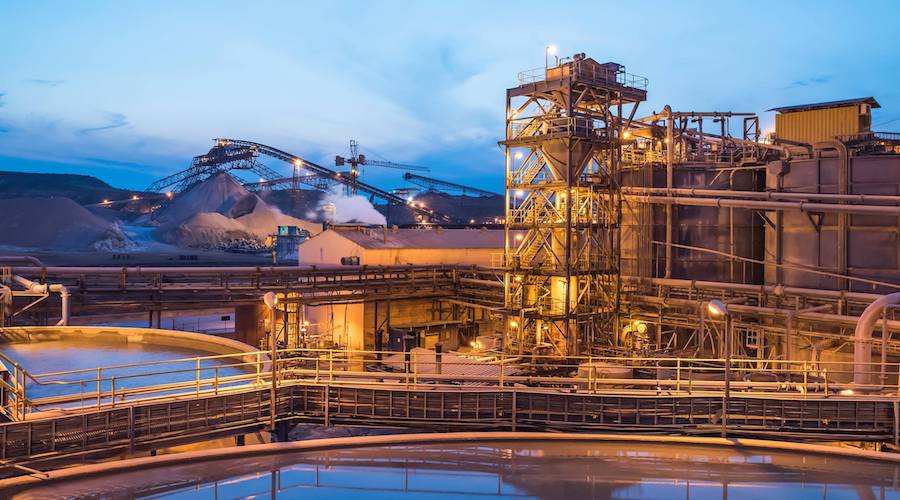
Mali is one of a number of countries in the region, including Burkina Faso, Guinea and Niger, seeking to take more control over—and extract more revenue from—their mineral extraction sectors. Since 1980, Mali’s gold has largely been exported unprocessed to other countries, but its new refinery opens a door for increased the value of their exports and higher revenue retention.
Zimbabwe says gold-backed currency is stable, despite doubts
Zimbabwe’s central bank this week said the country’s gold-backed currency ZiG now has more than 100% reserve cover, with a total reserve of $701 million, Reuters reports. And, while many Zimbabweans still use US dollars after decades of economic fragility and currency devaluation have undermined trust in the local currency, the share of transactions made using ZiG was up to 43% in May—significantly higher than the 26% when it was introduced in April 2024.
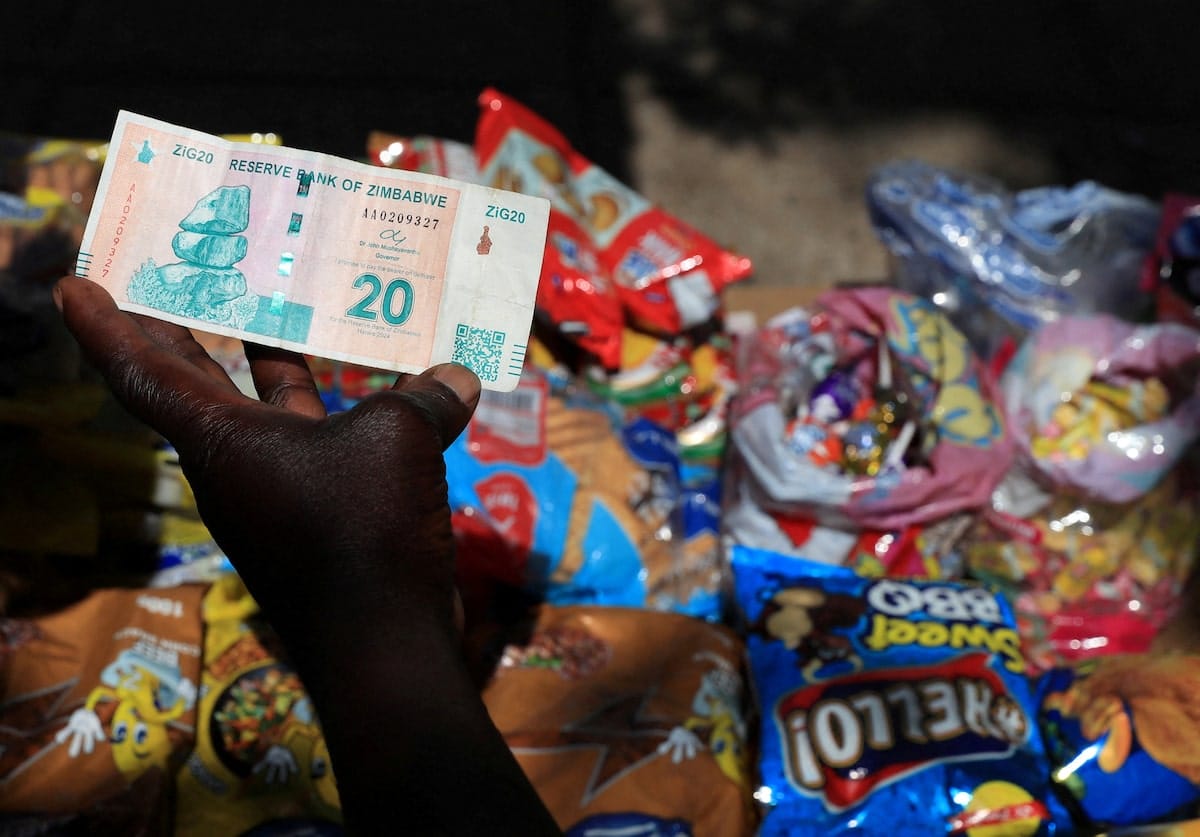
The bank also this week kept its benchmark interest rate unchanged at 35%, citing a stable exchange rate. Some uncertainty over the currency remains, however, as the difference between the official exchange rate and parallel market rate hovers at about 20%.
The country’s finance minister Mthuli Ncube said he hopes the stability, along with monetary policy changes, can help attract $2.6 billion in financing next year to help the country reestablish its ties with the global financial system. Investors are wary, however, particularly given Harare’s small foreign currency reserve cushion, which at 0.8 months of import cover falls shy of the IMF’s recommended three months.
Nigeria’s Dangote plans first gasoline export to Asia
Nigeria’s Dangote oil refinery will export 90,000 metric tons of gasoline to Asia tomorrow in the first export of its kind out of West Africa, Business Insider reports.
The planned export from the 650,000 barrel-per-day facility marks a significant milestone in Dangote’s ambitions to become a powerhouse in the gasoline sector. OPEC said earlier this year that the refinery is already disrupting the market in Europe and is now ranked above Europe’s 10 largest refineries in capacity.
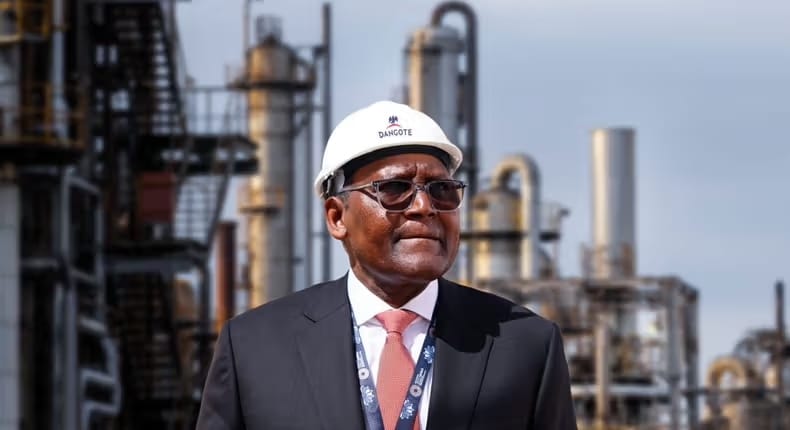
The scheduled Asia export comes amid growing interest in serving areas abroad for Dangote, including recent shipments of jet fuel to the US and Saudi Arabia, and a pivot to Asia last month with a low-sulfur fuel oil shipment to Singapore last month. The refinery is also facing supply constraints, however, forcing it to import “increasing” volumes of crude oil from the US, Punch reports.
Asia
Pakistan ramps up effort to woo Trump
The head of Pakistan’s army Asim Munir this week met US President Donald Trump at the White House as part of Pakistan’s effort to deepen its relationship with the US, Bloomberg reports. During the meeting, the two men discussed trade, critical minerals and cryptocurrency, according to a Pakistani military readout.
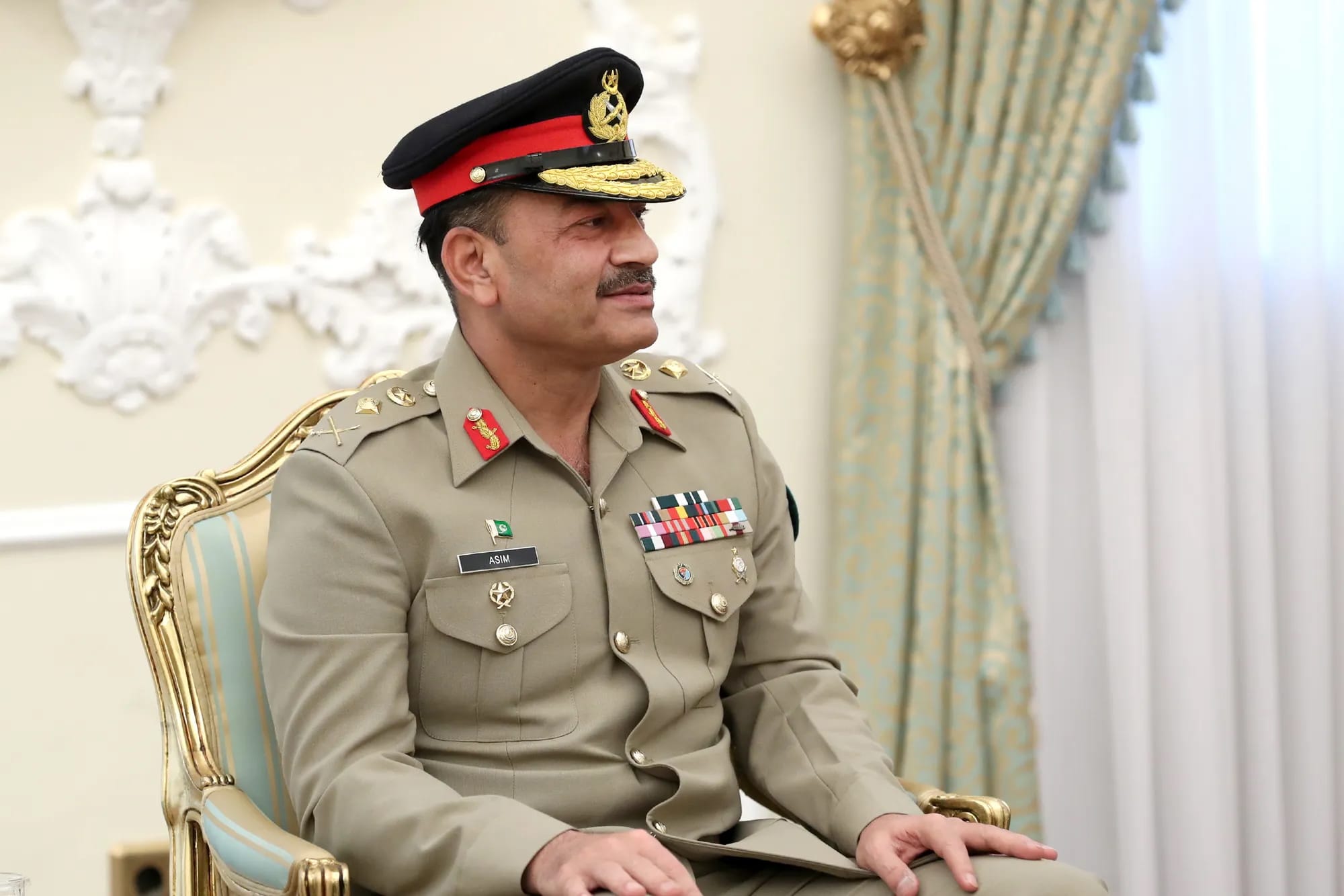
According to Trump, they also discussed the escalating situation in Iran.
Pakistan has been pushing hard to appeal to Trump’s administration as he weighs whether to reimpose tariffs on the rest of the world. Earlier this month, Pakistan’s newly appointed crypto minister met US commerce secretary Howard Lutnick’s son, and in April US Secretary of State Marco Rubio discussed cooperation on critical minerals and expanding US commercial engagement in Pakistan with foreign minister Ishaq Dar.
Vietnam pushed by US to drop Chinese tech
The US is pushing Vietnamese manufacturers to reduce China-sourced tech in products exported to America, Reuters reports. US officials reportedly made the request during talks between the two nations on reducing the 46% tariff the Trump administration has threatened to impose on Vietnam.
The US is looking to minimize its dependence on Chinese-made products, even if they are assembled in third countries such as Vietnam. Chinese high-tech exports to Vietnam have soared in recent years, as have Vietnamese high-tech exports to the US.
According to an unnamed source quoted by Reuters, the move is part of a strategy to restructure “supply chains [that] would in turn reduce US dependency on Chinese components.” Vietnamese officials have been scrambling to persuade the US administration to lower the level of the tariff when it is due for reevaluation on July 8.
Sri Lanka seeks IMF help in luring foreign investment
Sri Lanka is looking to the IMF for help recruiting foreign investment back to the island nation, President Anura Kumara Dissanayake said on Monday. Dissanayake said his government would offer incentives but did not mention what they could be, Reuters reports.
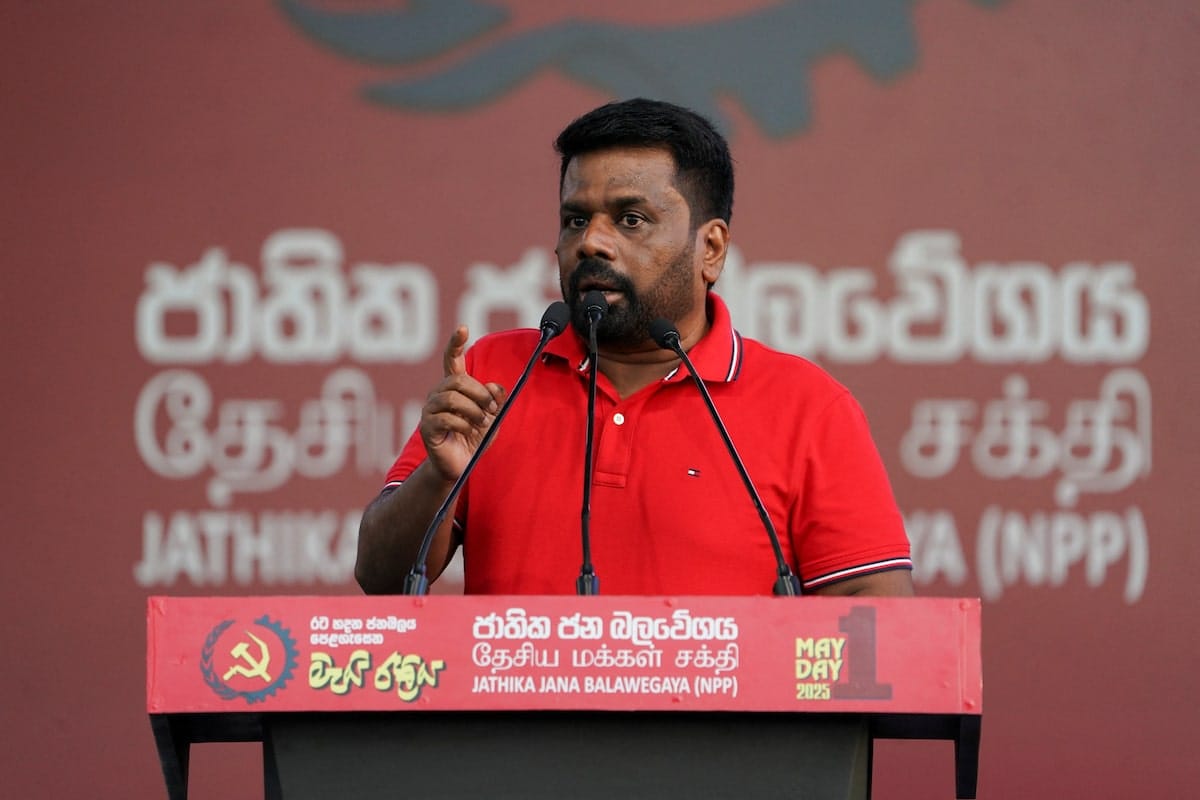
The multilateral appears to be concerned about the government’s plans to boost Sri Lanka’s economy. At a conference in the capital Colombo on Monday, IMF First Deputy Managing Director Gita Gopinath said the country faced domestic and geopolitical challenges that left “no room for policy errors.”
The country raised energy prices by 15% last week as part of an effort to win the release of a $334 million tranche from its deal with the IMF. Sri Lanka defaulted on its debt in 2022. Its economy stabilized in part because of a $2.9 billion IMF bailout the following year.
Middle East
Fears grow of a new refugee crisis
The escalating conflict between Israel and Iran, which is now threatening to draw in the US, has prompted Iran’s neighbors to rethink their border policy as fears of another refugee crisis mount. Turkey this week announced heightened security at its border in response to the increase in crossings, while Azerbaijan has opened a humanitarian corridor to manage the flow of Iranians, many of whom are ethnic Azeris with ties to Baku.
To the east, Pakistan is raising concerns about a security crisis, as the shared border with Iran has seen a growing insurgency movement linked to Balochi separatist groups, which in January 2024 triggered a tit-for-tat airstrike exchange between the two neighbors.
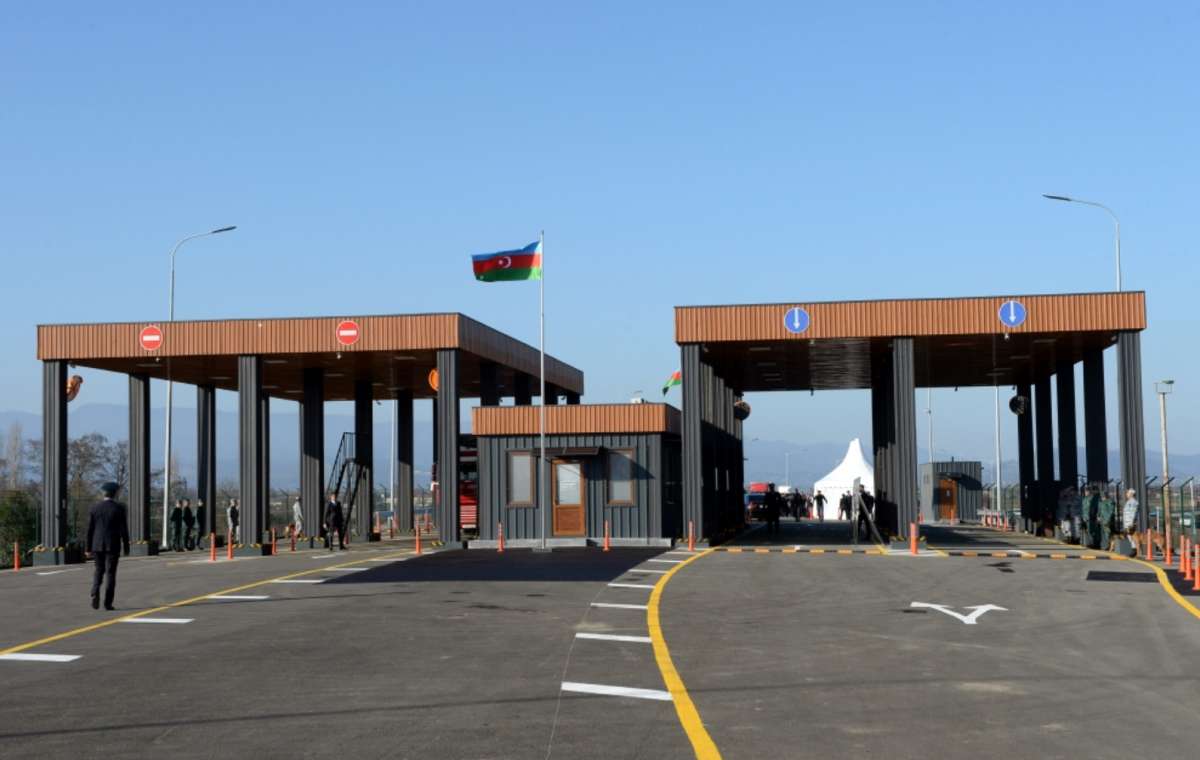
The region is already dealing with two refugee crises, one of internally displaced people in Gaza threatening to spill over into Egypt and Jordan, and the other of returning Syrian refugees from across the Levant. Since December, some two million Syrians have returned, some motivated by incentives but most simply by the promise of a return to normalcy in the wake of the country’s civil war.
Lebanon’s Eurobond rally loses steam
The outlook for Lebanon’s defaulted Eurobonds, which have rallied 229% since September, is dimming as fears mount that political and economic progress is stalling, Bloomberg reports. The bonds rallied on hope that Lebanon’s years-long crisis was coming to an end after Hezbollah’s defeat by Israel.
Key reforms to the financial sector are stalling, however, including a plan to recapitalize the country’s banks whilst also guaranteeing citizens’ deposits. And while some progress has been made—for example the creation of a banking secrecy law in April—key fiscal and monetary reforms are currently stalled in parliament.
Forecasts made earlier this year suggested the bonds would reach 20 cents on the dollar, with recovery values following a restructuring estimated in the high 20s to low 30s. Currently, they are trading at an average of 16.5 cents.
Europe
Croatia seeks stronger trade ties with India
Croatia’s Prime Minister Andrej Plenkovic this week pitched the tiny European nation as a potential linchpin to help develop trade between India and Europe, Balkan Insight reports. During a visit by India’s Prime Minister Narendra Modi to Croatia, Plenkovic said his country could play a crucial role in linking trade through Baltic, Adriatic and Black Sea countries to the so-called India-Middle East-Europe Economic Corridor, an initiative supported by countries including the US, Saudi Arabia and Germany.
Plenkovic said a partnership could boost trade and investment into technology and infrastructure, and draw Indian capital and know-how into the region.
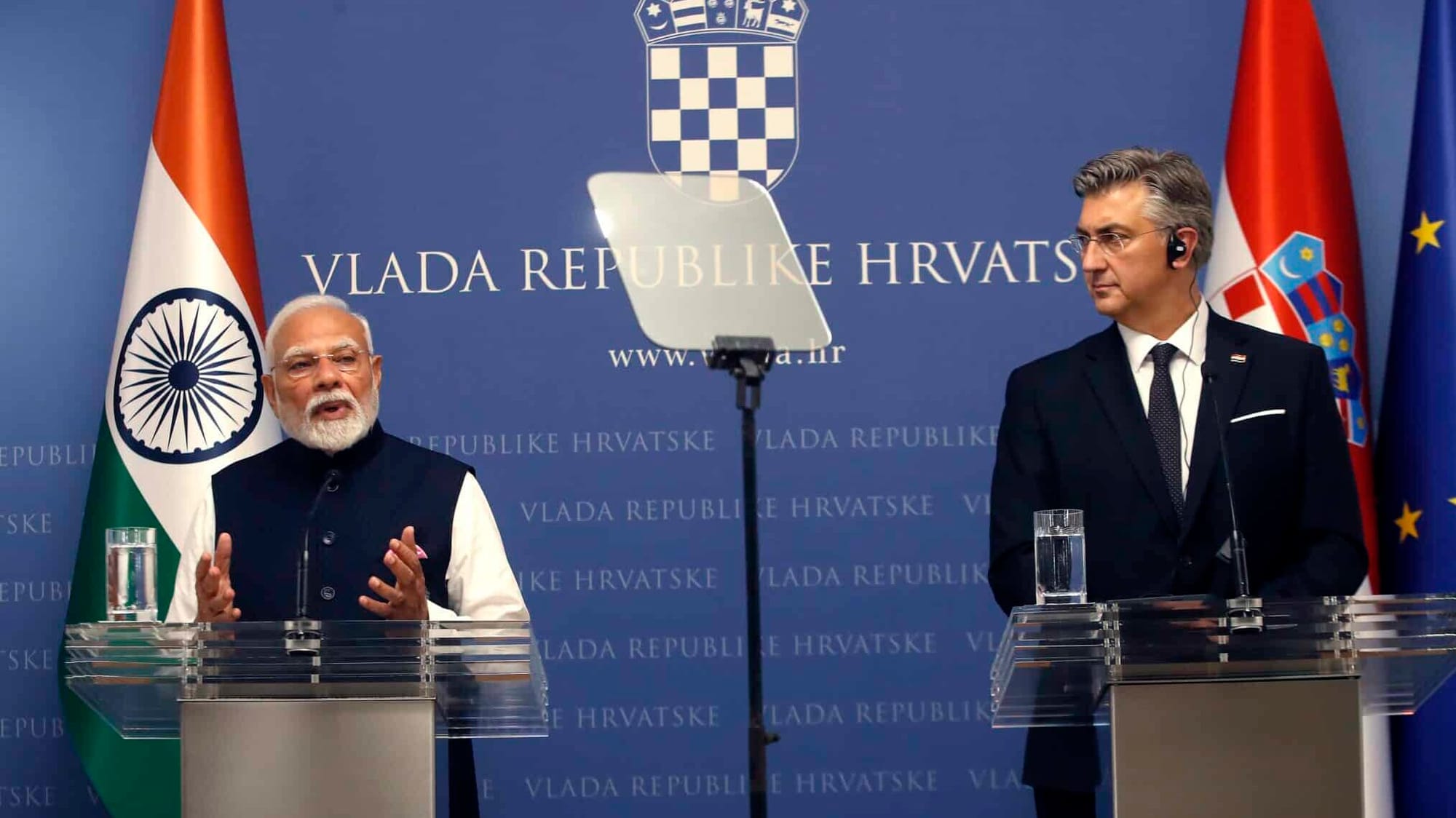
Modi, whose visit was the first by an Indian leader to Croatia, echoed the call for stronger ties, highlighting clean tech, semiconductors, shipbuilding and IT as priority sectors for trade growth between the two countries. Both leaders framed the visit as a springboard to strengthen investment flows and expand Croatia’s role as a gateway for India into the EU’s markets.
Latin America
Colombian labor reforms and deteriorating fiscal situation darken outlook
Colombia’s Senate has passed a controversial labor reform that enshrines higher pay for night and weekend shifts, mandates social security contributions for gig workers, and limits employers’ ability to insist on exclusive contracts with workers. While the government heralded the bill as a progressive milestone, business groups are warning it could drive up labor costs by 7%-35% and disincentivize formal hiring in a country where over half of the workforce remains informal.
The potential hit to hiring, spending and taxes comes as Colombia’s fiscal situation is deteriorating with the government formally suspending its fiscal rule for 2025–2027. The country’s deficit is projected to surpass 7% this year, with public debt exceeding 60% of GDP.
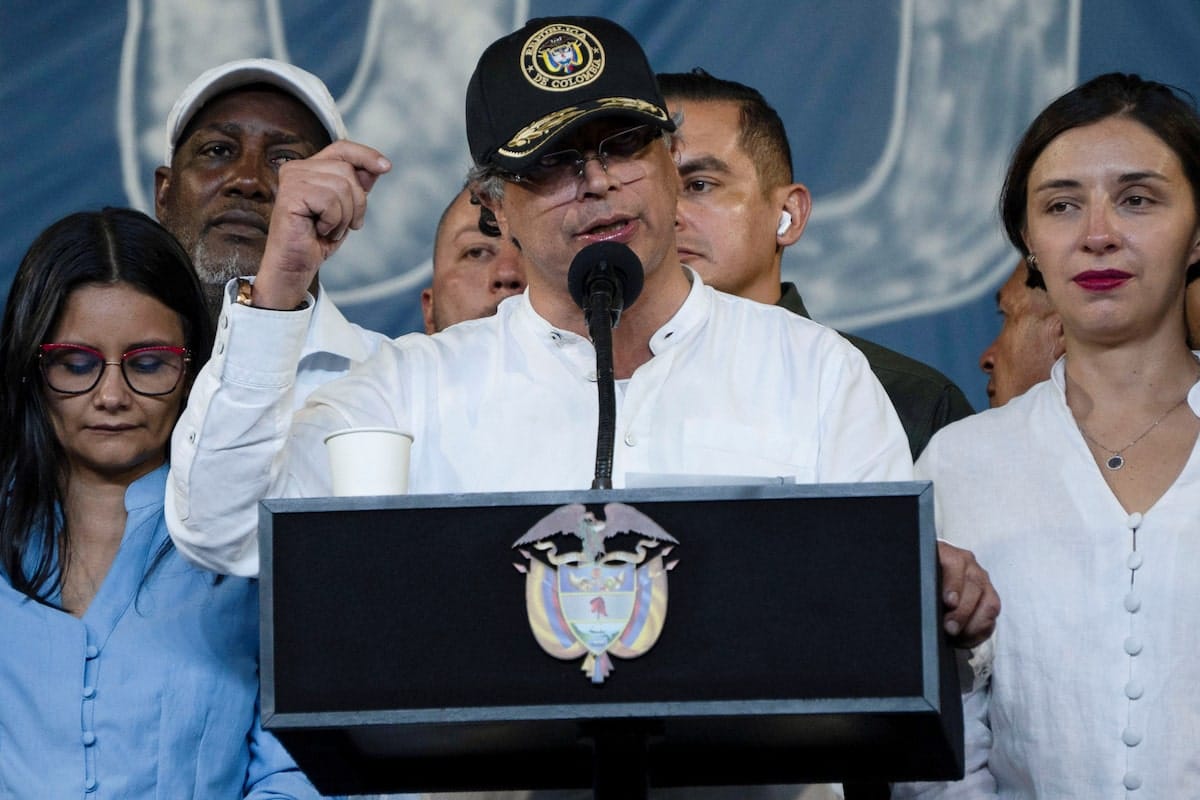
Related efforts to raise revenue through a sweeping tax reform face stiff resistance ahead of the 2026 elections. Without political backing or spending cuts until 2027, Colombia risks sustained fiscal imbalances that could weaken the peso, raise capital costs, and depress investment.
Ecuador open to new mining concessions after seven-year hiatus
Ecuador has reopened its mining concession registry for the first time since 2018, aiming to attract fresh investment and combat illegal mining amid new regulations and transparency measures, Reuters reports. The prior registry was shut down in 2018 over concerns about irregularities in the concession system.
The phased rollout begins with small-scale non-metallic mining and expands to metallic projects by 2026.
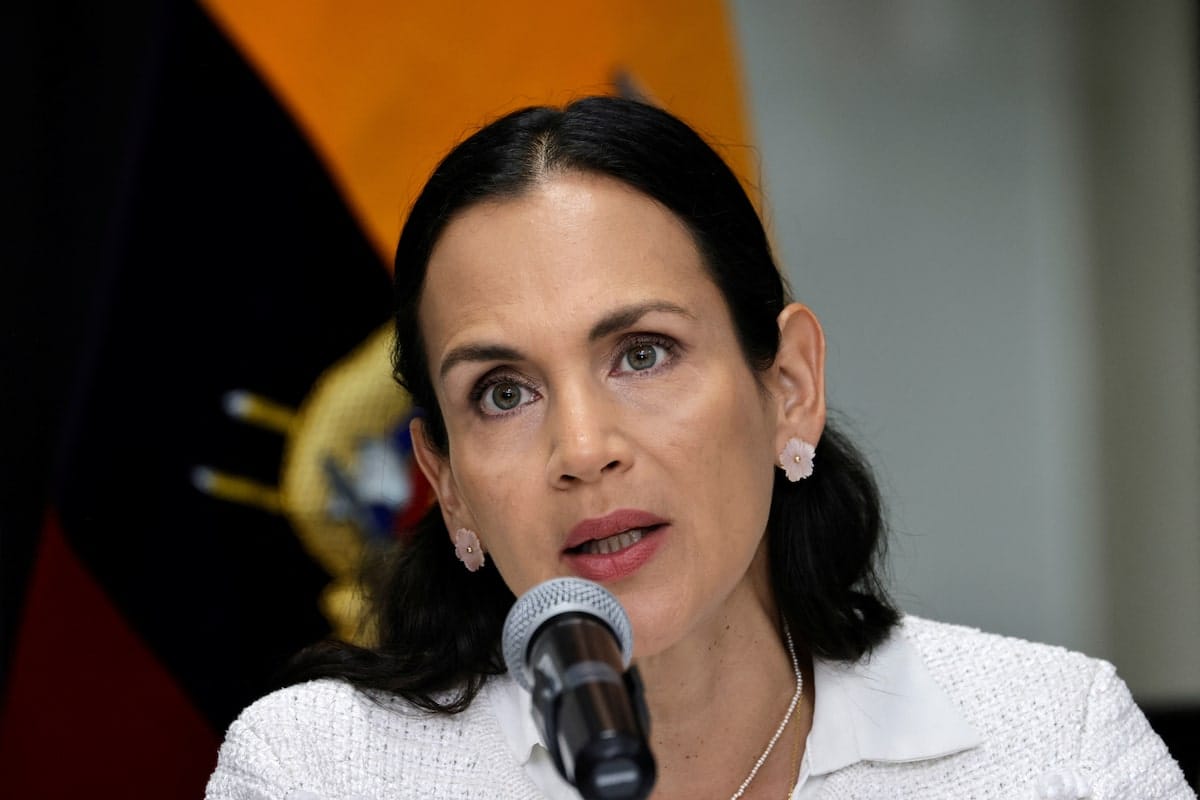
While President Daniel Noboa pushes to modernize the sector and boost exports beyond their current $3 billion level, the move faces backlash over proposed new fees and long-standing resistance from indigenous groups that have hindered large-scale development.
Global Macro
‘Sunbelt’ EMs struggle to finance clean energy development
Emerging economies stretching from India to Mexico—dubbed the “industrial sunbelt”—now account for nearly 60% of the $1.6 trillion pipeline of announced but not-yet-funded clean industrial projects, according to a report by the Mission Possible Partnership, a non-profit focused on the clean energy sector. Despite the countries’ vast potential to tap into clean technologies—especially wind and solar—investors perceive the risks are too great, the report concluded.
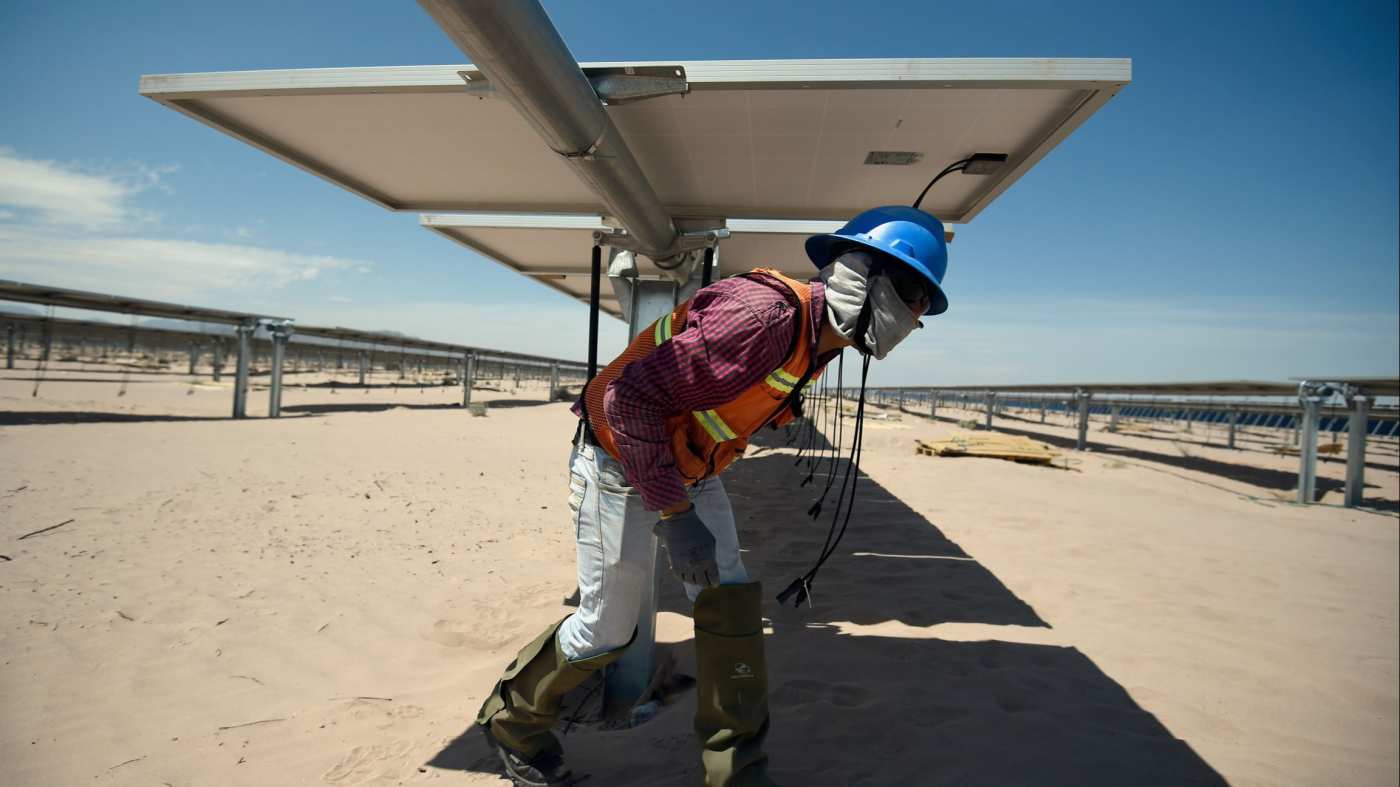
Of 826 commercial-scale clean energy projects studied in the report, just 69 are operational. Almost 700 have been proposed but not yet secured funding—in part because investors still favor the perceived safety of Western markets.
To tackle this, multilateral lenders and the $12.5 billion Climate Investment Fund are backing risk-mitigation efforts in key EMs, including Brazil, Mexico, South Africa and Turkey, to unlock green heavy industry at scale.
What We’re Reading
Fitch upgrades Ghana to “B-” from “restricted default” (Reuters)
Ghana has lost $11 billion in past five years to gold sector smuggling (Reuters)
Nigeria’s LemFi remittance provider buys UK credit card issuer (Semafor)
Senegal postpones publishing budget execution reports (Reuters)
Judicial council becomes symbol of mounting distrust in Cameroon (The Africa Report)
DRC and Rwanda set to sign peace deal (AP)
Egypt seeks fuel supplies as Israel gas flow ebbs (Bloomberg)
Yellow Card and Visa agree to hasten stablecoin adoption in Africa (Bloomberg)
Central Asia elevates ties with China after second annual joint summit (SCMP)
Thai PM’s future in jeopardy over leaked call and border dispute (FT)
UAE firm invests $2.3bn in Indonesia data center (Nikkei)
Thailand, Indonesia, Vietnam eye hydropower (Nikkei)
Philippine central bank cuts rates to boost economic growth in second year of easing (Nikkei)
Oil tanker collision near Strait of Hormuz raises environmental fears (NYT)
Saudi PIF launches new company to run Expo 2030 (Reuters)
Russian court approves state seizure of Moscow’s second-largest airport (FT)
Russia on brink of recession, says economy minister (FT)
Bahamas prices its first global bond issue in three years (Latin Finance)
Bahamas to cancel contracts with Cuban doctors after talks with US (Reuters)
Peru’s VAT changes could strain public finances (FrontierView)
Argentines reel from health care cutbacks (AP)
Who will win in Honduras, Costa Rica, Colombia, Peru, Bolivia and Chile? (Latin America Risk Report)
How US tariffs are rewiring Latin American trade (Americas Quarterly)
EM stocks and currencies hit a two-week low as Israel–Iran conflict escalates (CNBC Africa)
We are committed to providing FMN readers with a free weekly digest of politically unbiased, succinct and clear news and information from frontier and small emerging markets.
Please consider becoming a paid supporter to help cover some of our costs and support our continued development of sharp markets-focused coverage and new informational products. Paid subscribers will also gain exclusive access to our quarterly EM/FM report that aggregates EM insights from 25 major banks, international institutions and consultancies.





